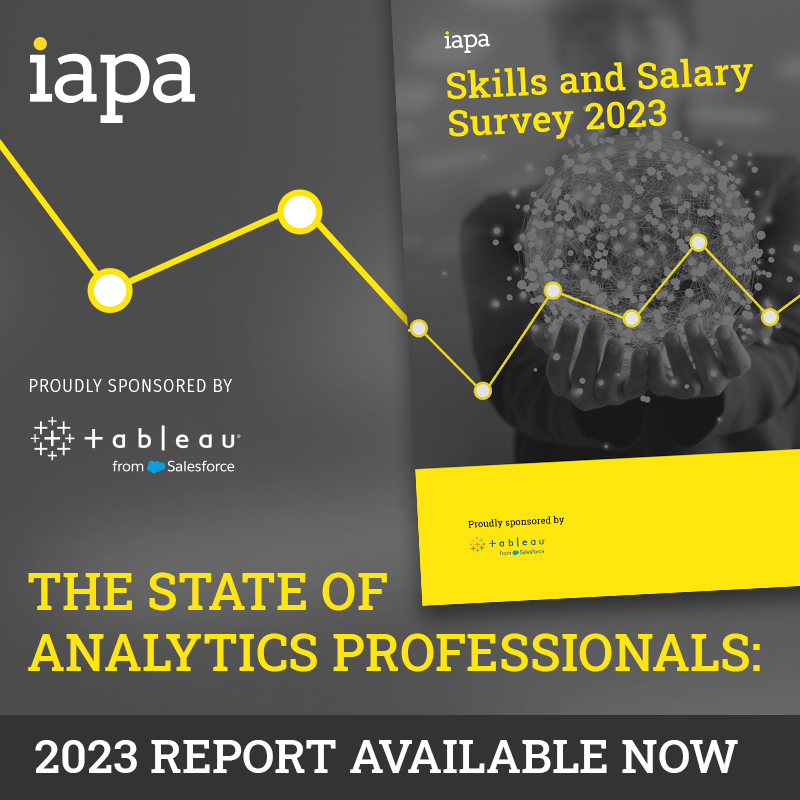NASA's former chief technology officer, Chris C Kemp, thinks we have "left the era where we need to buy software".
He's not the first to predict it, of course, but he has a significant pedigree. Together with Rackspace, he co-founded OpenStack, an open source cloud operating system and community that has enjoyed a meteoric rise into the enterprise.
But it's what is happening in the consumer space that is influencing his concept of the future of software as much as how he himself - through OpenStack - is disrupting it.
"If you think about what's happening more broadly in the consumer industry today, we're starting to see software more as a utility than an asset that you buy, own, install and operate yourself," Kemp told the recent CeBIT technology trade show in Sydney.
"I think we have left the era where we need to buy software, where software is something that the ownership of it is where the key value is.
"The value isn't in the software. It's in the utility the software provides."
Ramnath Iyer, the global head of corporate research at Standard & Poor's subsidiary Crisil, last year questioned whether the growth in ad-supported apps and free operating system upgrades in the consumer space spelled the end of software as a paid product.
"It is easy to conclude that the era of paid software for consumers is waning," Iyer said, noting that big vendors were choosing to give away software if it kept customers loyal to a particular platform or ecosystem.
And apps and operating systems are only the latest software types to be hit by the changes in the consumer market. The rise of free but 'good enough' anti-virus software - such as AVG, Avast, and ClamXav - gutted a market that previously demanded yearly fees for new software.
"In the world of today and tomorrow, we're not buying software, we're benefiting from software," Kemp said.
"Most of the software that we create even today is not something that we sell and our jobs are based on the value at which we sell the software."
Make it open
Kemp argues that any company can make their software more valuable in this new era by publishing the source code, thus turning it over to the open source community.
This was effectively what occurred with OpenStack - which originated in NASA but owes its rapid adoption to becoming open source.
"If we had kept the technology that became OpenStack to ourselves, if we'd attempted to do what NASA had done in the past and try to generate license revenue from it, the value would have been significantly less than if we'd created a new standard and transformed an industry around it," Kemp said.
Kemp implored the CeBIT audience of enterprise and vendors to work out if there was "something in your portfolio of products or services that you can open source."
"If you look at software and you think of it less as a product and you think of it more, as say, sheet music in the symphony of human progress, it isn't about your exclusive ability to own and possess that music you're playing - it's really about seeing it practiced, seeing it performed, seeing it mastered," he said. "And the best way to do that is to set it free."
Kemp said that freedom had its rewards.
"In open source, the more people that use a product, the more people are debugging or contributing to it," he said.
"So the more a software project is available, the more you give it away, actually the more value it has to you because you're getting more contributions back, you're getting more people using it, you're creating more standards, and more products around it.
"It's profound - it flies in the face of economics. It's like negative scarcity."










